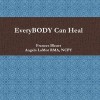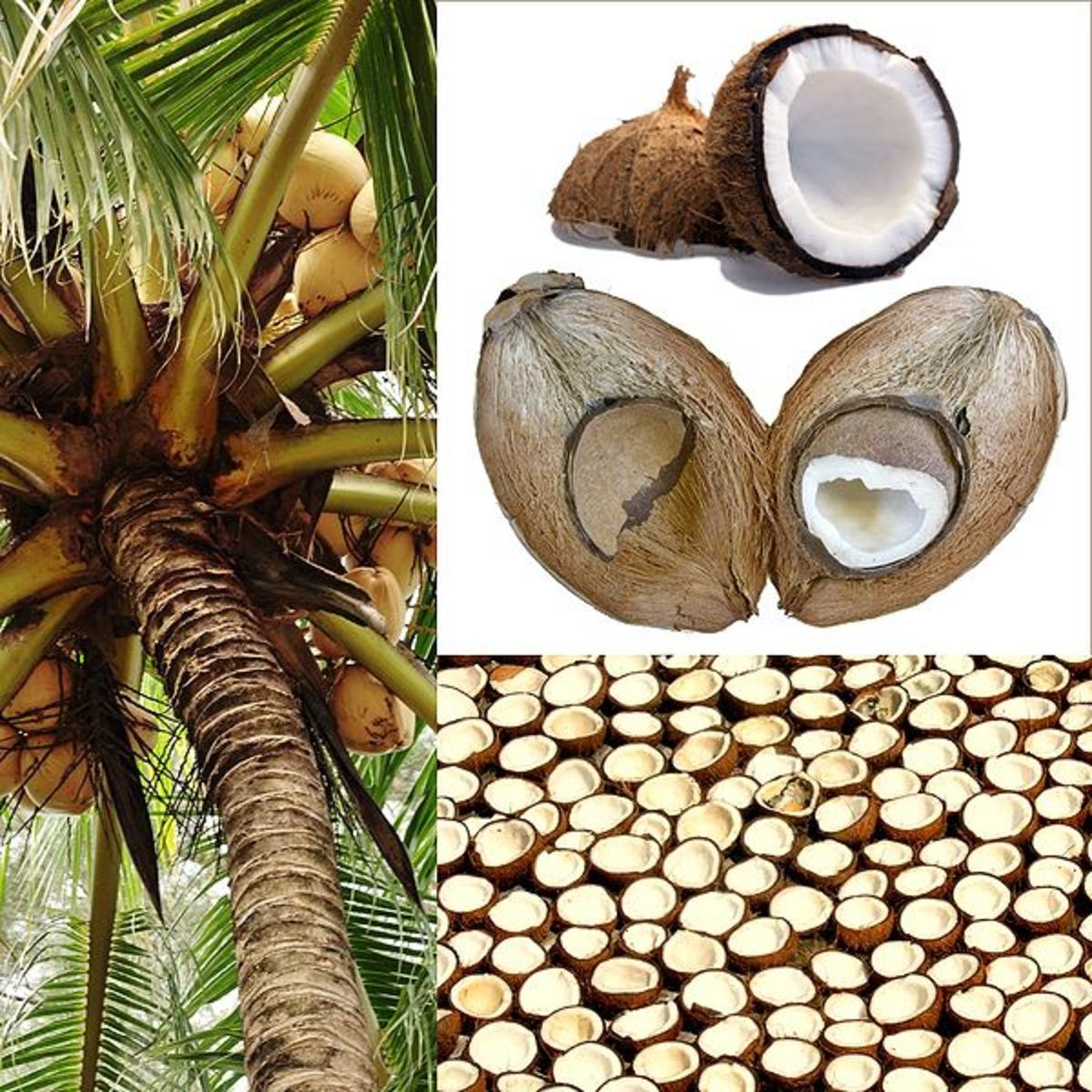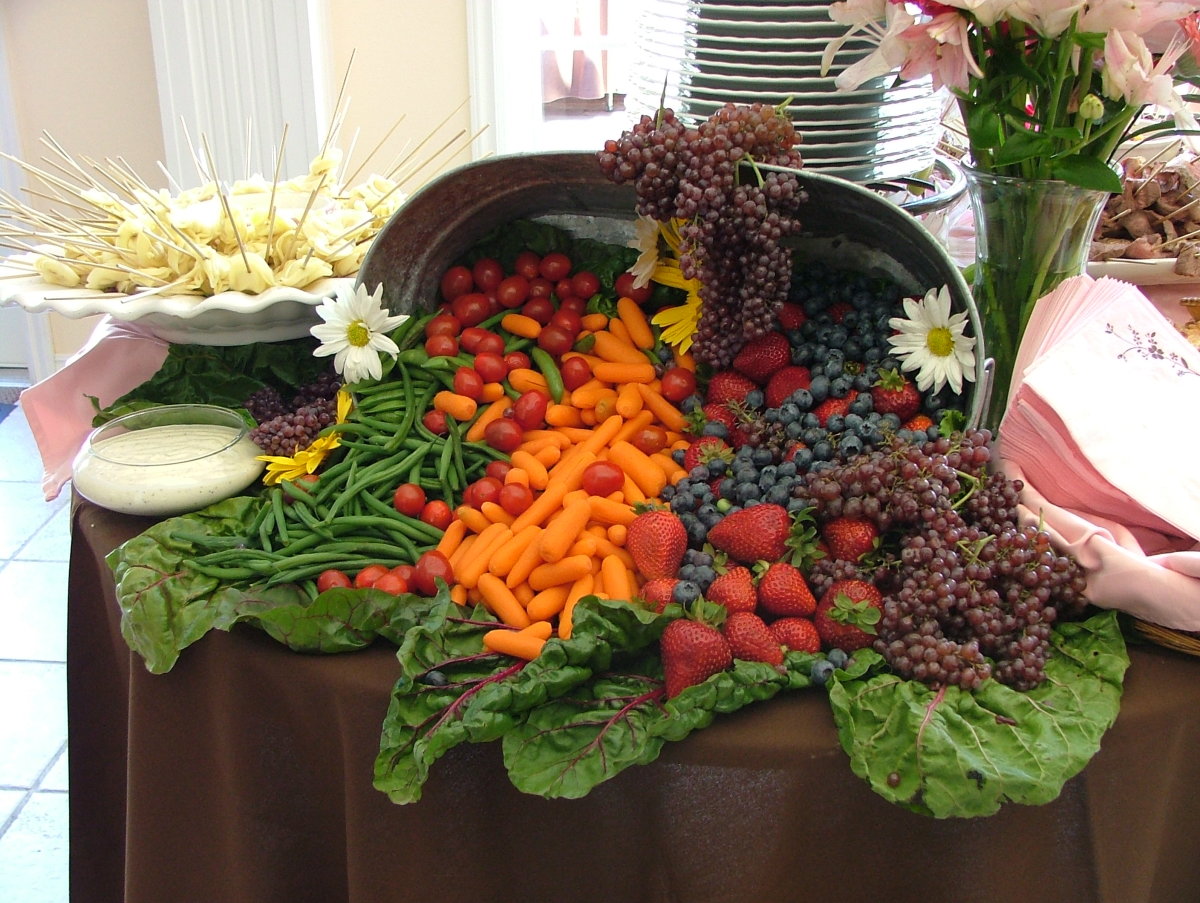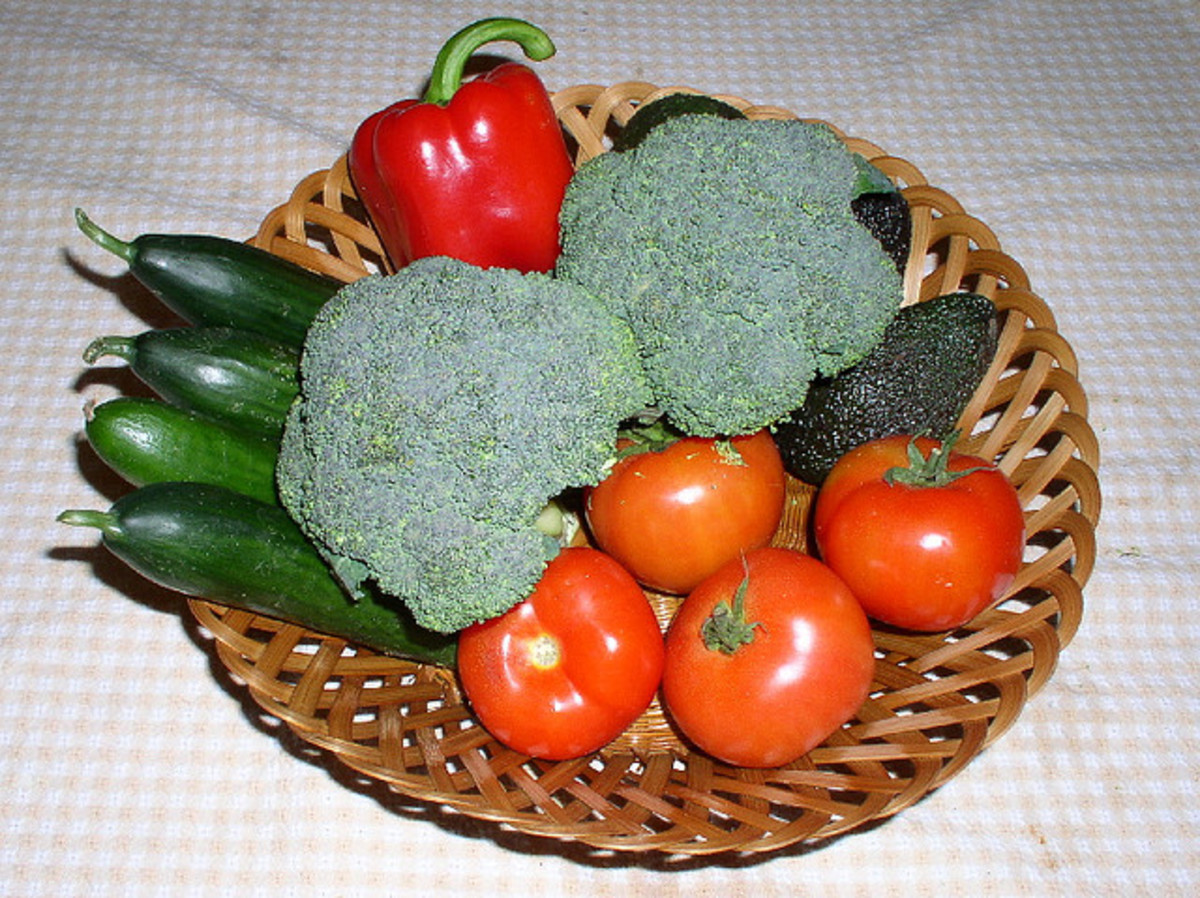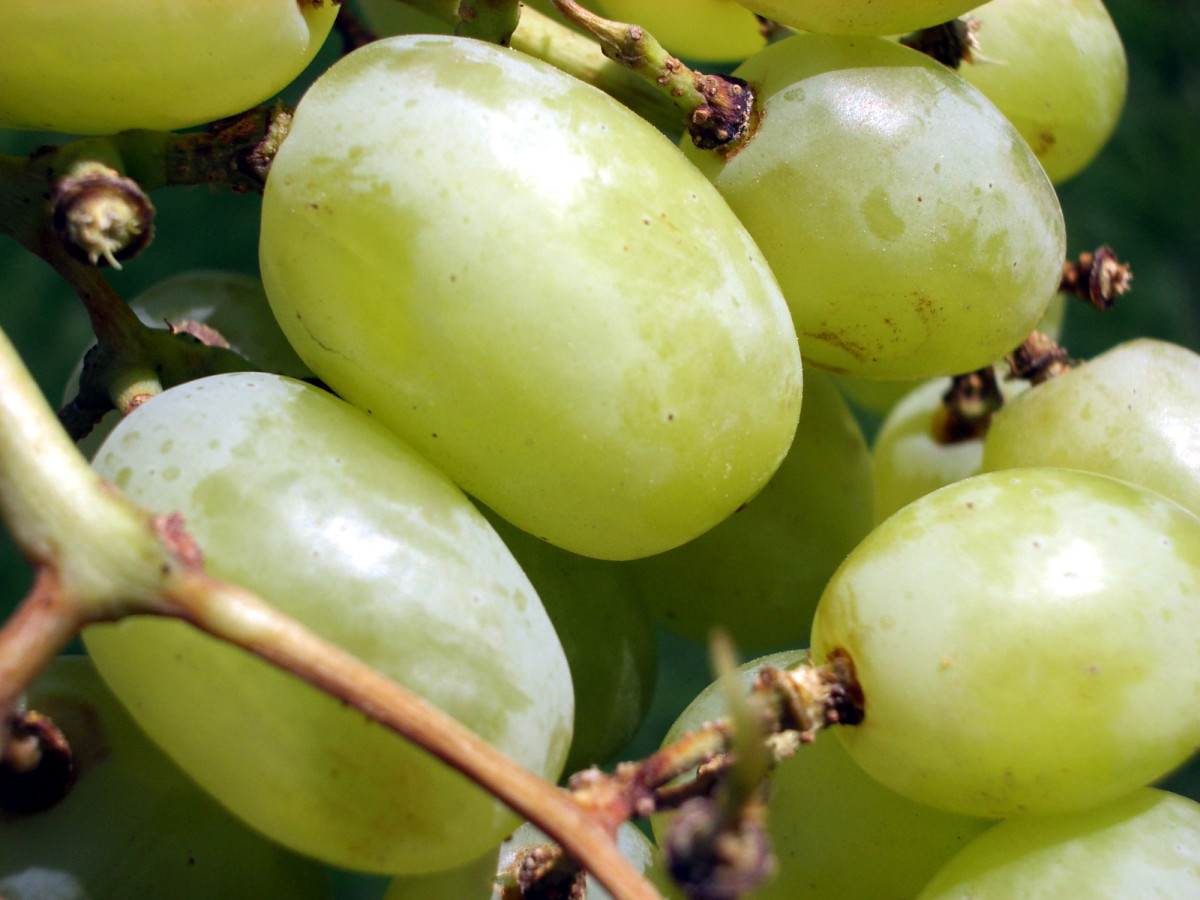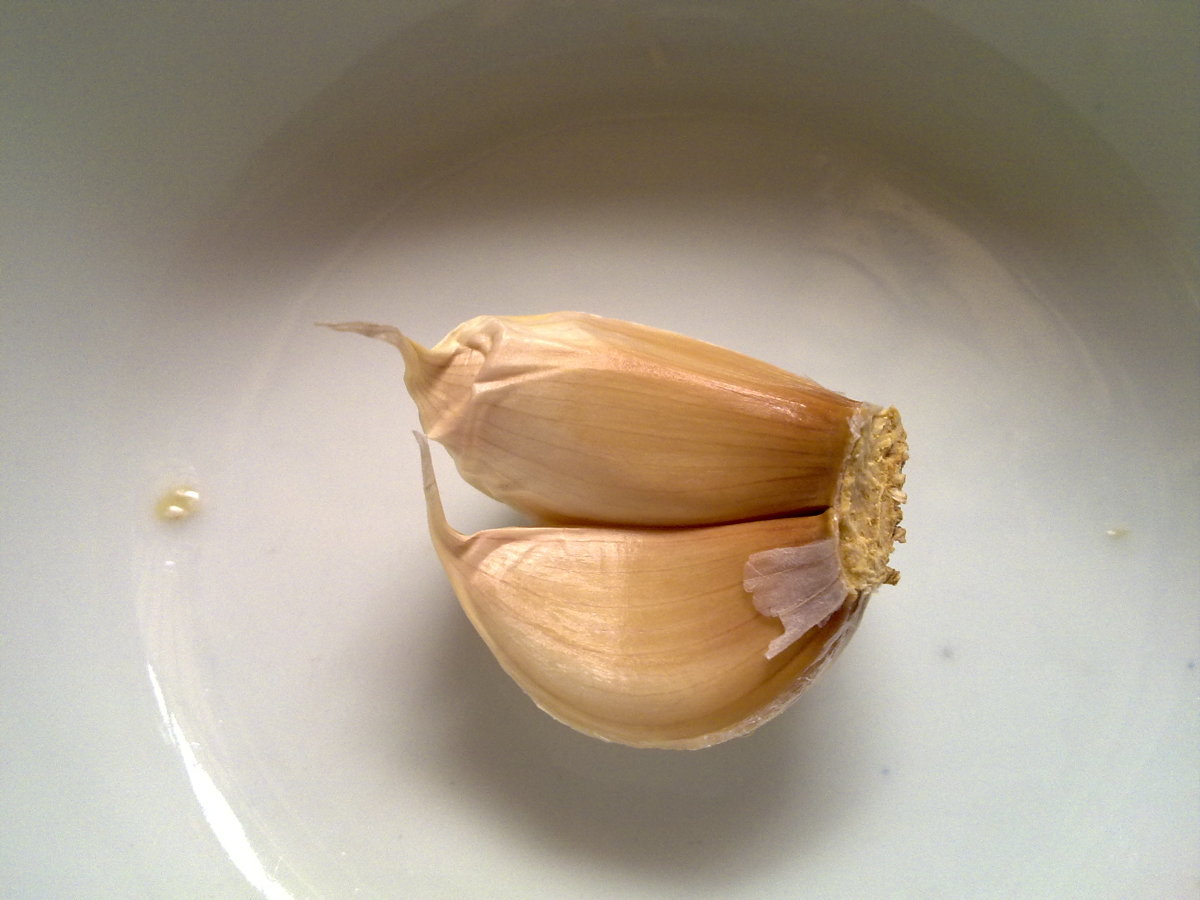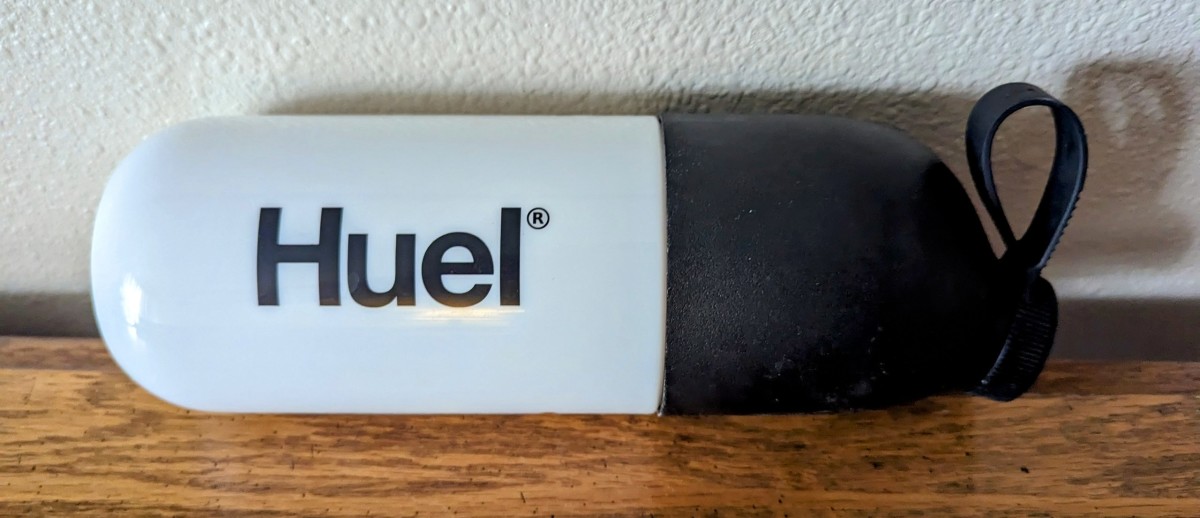How Cholesterol and Fats Make You Healthier
How Cholesterol and Fats Make You Healthier
Written by Frances Bleuet, Owner of Nutrition for Weight Loss and author of "EveryBODY Can Heal"
HOW CHOLESTEROL AND FATS MAKE YOU HEALTHIER
Everyone watches their cholesterol and fat intake. If we ever succeeded in totally eliminating either one of these two substances we would die. We need cholesterol and fats in order to live and to be healthy. Our bodies make some fats, including cholesterol because we need them.
Everyone has heard about the hazards of cholesterol and fats, but few people realize their importance to good health.
Cholesterol
Cholesterol is produced by the body. This is no mistake, it is necessary for good health. Cholesterol is used by the body to make vitamin D in the skin after sun tanning, the hormones estrogen and testosterone, and bile salts produced by the liver (and stored in the gall bladder) which break down dietary fats for proper digestion. Most of our cholesterol, however, is stored in the brain, and it is believed to have functions other than those presently known.
We worry about eating foods that contain cholesterol but the body produces more cholesterol in a day than you would consume in an average diet. In fact eating foods high in cholesterol is less likely to raise cholesterol levels than eating foods high in sugar and saturated fat and smoking-which has been shown to raise cholesterol levels. Studies show that eating unnatural foods, such as refined grains and sugar can irritate the lining of our blood vessels causing cholesterol to collect causing cholesterol build-ups.
When the body is supplied with all of the required nutrients, fats and cholesterol are safely broken down by our bodies, used by the body to enhance our health and then eliminated from our bodies. If you have all of the nutrients you need in your body, you will properly and safely use the fats and cholesterol that you need for good health. As you can see the amount of cholesterol is not as much of a problem as eliminating unnatural substances and consuming a diet rich in nutrients.
The Eskimos in Greenland have been used as an example many times because their diet is known to be high in cholesterol and fat, but it is also high in fish and the healthy fats in fish and they have little or no heart disease, clogged arteries or high blood pressure.
Cholesterol may exist in many people with heart disease, but I am not convinced that it causes the disease. Lack of adequate nutrients along with overuse of margarine and refined foods may lead to both conditions.
Often studies on cholesterol build-up are done on rabbits, which are known vegetarians. They have no system for breaking down this substance because they are not meant to eat any meat or dairy. Of course, it’s going to build-up and block little rabbit arteries. Humans, on the other hand, have mechanisms in the body designed to break down and dispose of cholesterol, and again with the proper nutrients in place the human body does just that.
A substance in food that can also be made by our bodies (with the proper nutrients) is called lecithin. Lecithin emulsifies (keeps in solution) cholesterol and other fats. This keeps cholesterol (which is needed by the body) from hardening and causing problems. Many foods that contain cholesterol also naturally contain lecithin. Eggs and liver are two good examples. Both are loaded with healthy nutrients making them highly valuable health building foods and both contain lecithin. A healthy diet should include eggs and liver, unless your doctor advises against it.
Let’s look at the facts. Cholesterol is needed by the body for good health. Cholesterol is only dangerous when it hardens in the body and clogs our arteries. Lecithin keeps the cholesterol from hardening in our arteries and lecithin keeps cholesterol from blocking arteries.
Lecithin
Lecithin is a type of fat that emulsifies (breaks down into smaller particles) other fats including cholesterol. It prevents cholesterol deposits and fatty build-ups in the arteries and organs. It treats and prevents arteriosclerosis, heals livers damaged by alcohol, dissolves gallstones and improves some brain diseases.
It contains choline, inositol, linoleic acid (an essential fatty acid) and the mineral phosphorus.
It can be taken in supplement form (which is often made from soybeans) and is also made in our livers.
Wheat germ, brewer’s yeast, and egg yolks contain lecithin. So does butter. In fact many foods that contain cholesterol also naturally contain lecithin or they contain substances needed by the body to make lecithin. Liver (the food) contains generous portions of choline and inositol, used by our livers to make lecithin. So you don’t have to worry about the cholesterol in butter or liver because lecithin keeps it in solution.
Keep in mind that while saturated fats are linked to heart disease, too much unsaturated fats have been linked to wrinkles and cancer.
The Dangers of Unnatural Fats
Margarine is an unnatural fat. Margarine is modified oil. It is hardened by adding hydrogen to it. It is hydrogenated. Once it is hydrogenated it has all of the bad qualities attributed to butter, plus it’s unnatural! Healthy diets do not include unnatural foods!
Did you know that heart disease is the number one killer in America. Still! All of our dietary changes have not helped. Why?
Before the 1900’s heart disease was rare. Why?
In fact, the first recorded case of heart disease was in 1912 and the second was seven years later in 1919.
Let’s look at two significant changes that took place around the turn of that time.
First, around the turn of the 20thcentury, we started refining grains. Refining grains removes the germ and bran. The germ and bran contain almost all of the fiber and nutrients including vitamin E and some of the B vitamins. Vitamin E plays an important role in protecting the body from heart disease.
We also started using margarine. Margarine is partially hydrogenated. Foods that are partially hydrogenated, such as, margarine and shortening are unnatural, unstable and harmful to the normal processes of the body. These foods offer little or no nutritional value, harm the body and should be avoided.
BUTTER-BETTER FOR YOU THAN MARGARINE
I know this goes against everything you have ever heard,
but let’s look at the facts.
Facts no one has ever told you about butter
*Butter is natural.
*It contains a highly usable form of vitamin A
* It contains the mineral selenium which is an antioxidant
*It contains lecithin which keeps cholesterol and other fats from hardening
*It contains anti-tumor factors
*It contains anti-fungal factors
*It contains anti-microbial factors
*It boosts the immune system
* The fat in butter is used for energy, not stored as body fat
Before the turn of the 20thcentury, butter was a major source of fat in our diets.
An imbalance of fatty acids can lead to arterial damage that can lead to cholesterol deposits
Shortening
Vegetable shortening is hardened vegetable oil. Although there have been alterations in the formulas to decrease the amount of trans fat in them, this food ingredient is just as unhealthy as it was before.
Vegetable shortening (just like margarine) is unnatural. It is oil, modified into a hardened form by adding hydrogen to it. Once it’s hardened it is no better for you than butter or other animal fat, in fact it’s worse because it’s unnatural and unstable. It’s always better to eat food in its most natural form. That’s the way our bodies were designed to utilize them.
When it became public knowledge that partially hydrogenated oils contain trans fats, the major brands of shortenings started fully hydrogenating their oils, which reduces trans fats but creates other problems.
Foods that are partially hydrogenated, such as, margarine and shortening are unnatural, unstable and harmful to the normal processes of the body. These foods offer little or no nutritional value, harm the body and should be avoided.
Foods that are fully hydrogenated (such as our newly formulated vegetable shortenings) lose all nutrients and contain traces of metals and altered fatty acids. They are just empty calories. Empty calorie foods are foods that offer calories, but few if any nutrients. Every time we expose our bodies to unnatural substances we increase the chance of cell mutation and immune system malfunction (both can lead to cancer).
The proper nutrients make fats safer
Our bodies need fats to break down and use other fats properly, including cholesterol. Cholesterol is a type of fat. Fats and other nutrients help us to utilize fats. A healthy diet includes a healthy balance of fats.
